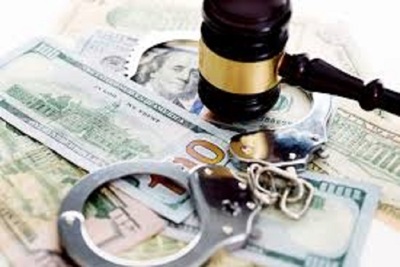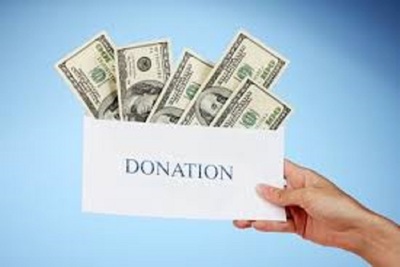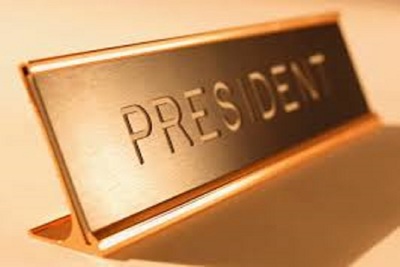Property Casualty Association of America issued the following announcement on Sept. 17.
BOSTON — Following a catastrophic event such as the recent gas line explosions in Andover, Lawrence and North Andover it is important for residents to be alert for scams and fraudulent activity, according to the Property Casualty Insurers Association of America (PCI).
“As the rebuilding process gets underway, unlicensed contractors and scam artists may be looking to cash in on the misfortune of those who just want to get their homes or property repaired,” said Frank O’Brien, PCI’s vice president of state government relations. “While it is natural for homeowners to be in a hurry to begin making repairs, you will save yourself a lot of time, money and frustration by taking the time to check the credentials of the businesses and individuals that you hire to repair your property. Your insurance company or agent can help guide you through the recovery process.”
There are resources available to assist consumers if they experience price gouging, home repair scams or charitable giving fraud. If you suspect fraudulent activity be sure to contact the Massachusetts Attorney General’s Consumer Advocacy & Response Division’s Consumer Hotline at 617-727-8400.
Homeowners will be facing important decisions, so it is important that they closely examine the service being sold to them in order to prevent being victimized by scams and fraudulent business practices.
PCI Tips to Avoid Contractor Fraud and Abuse
Before contracting for services, check references. It can be helpful to see who is working with your neighbors. To maintain your trust and business, insurers devote many resources to ensure that the claims process is smooth, easy and meets your needs. Your insurer and agent are excellent resources to help you access the services you need to handle your claim.
Be suspicious of any contractor who tries to rush you, especially on non-emergency or temporary repairs. If possible, shop around for a contractor by getting recommendations from friends and neighbors. Be wary of anyone knocking on your door offering unsolicited repairs to your home.
Never pay for work up front. Always inspect the work and make sure you’re satisfied before you pay. Most contractors will require a reasonable down payment on work, but don’t pay anything until you have a written contract.
Get three written estimates for the work and compare bids. Check credentials with the Better Business Bureau or state attorney general’s office to see if the firm has any outstanding complaints.
Always have a written, detailed contract that clearly states everything the contractor will do, including prices for labor and materials, clean-up procedures, and estimated start and finish dates. Never sign a contract with blank spaces, which a crooked contractor can alter after you have signed.
Avoid paying with cash; use a check or credit card instead. This creates a record of your payments to the contractor.
PCI promotes and protects the viability of a competitive private insurance market for the benefit of consumers and insurers. PCI is composed of nearly 1,000 member companies, representing the broadest cross section of insurers of any national trade association. PCI members write $220 billion in annual premium, 37 percent of the nation's property casualty insurance. Member companies write 44 percent of the U.S. automobile insurance market, 30 percent of the homeowners market, 35 percent of the commercial property and liability market and 37 percent of the private workers compensation market.
Original source can be found here.










 Alerts Sign-up
Alerts Sign-up